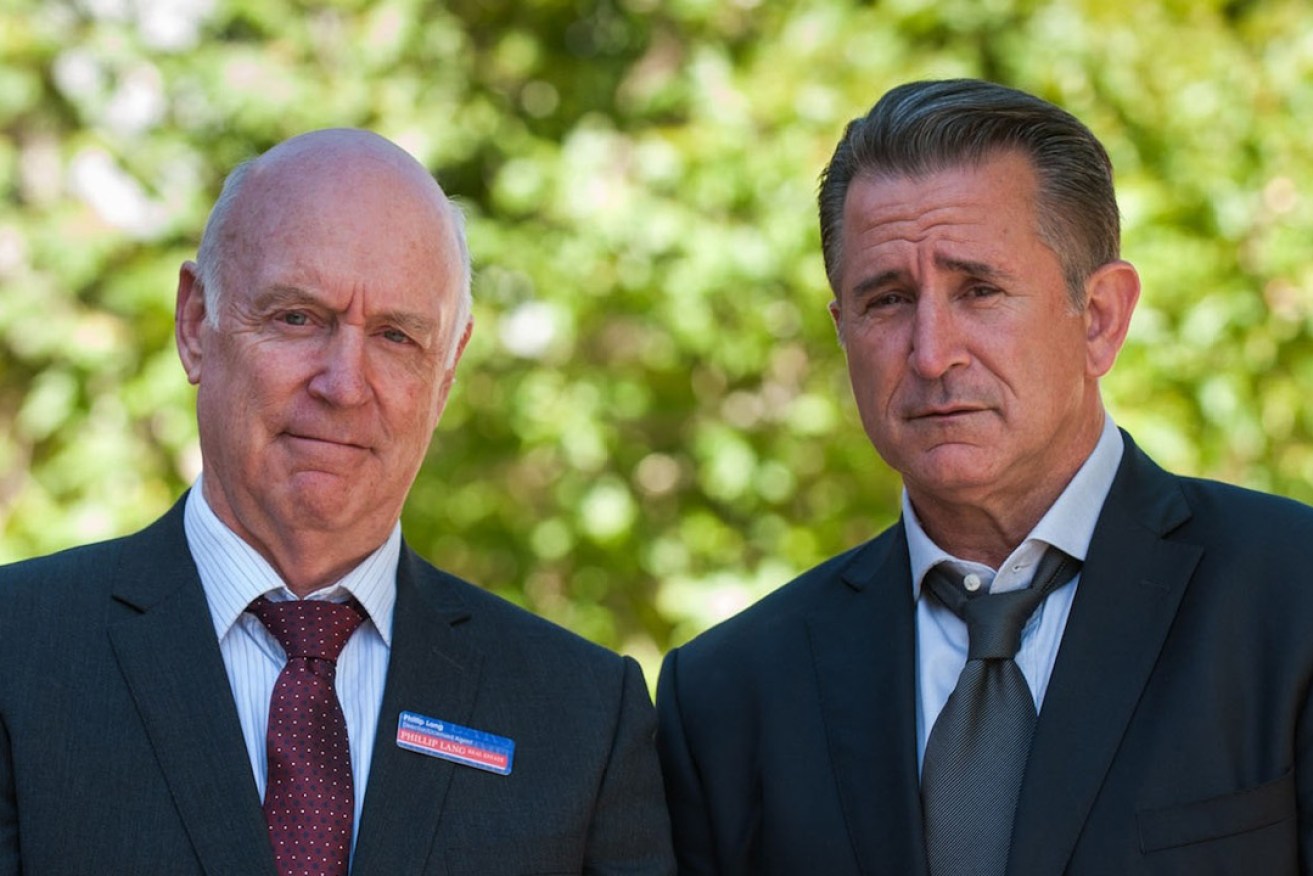Film review: A Month of Sundays
Set in suburban Adelaide and starring actor Anthony LaPaglia, ‘A Month of Sundays’ is the tale of a disillusioned real estate agent struggling to find meaning in his life as he copes with the death of his mother and separation from his wife (Justine Clarke).


The film begins with Frank (perfectly portrayed by a low-key LaPaglia) opening up a house for inspection.
The hollow echo of his footsteps and the characterless beige and white of the interior are contrasted with vibrant colours and the noisy drama of an auctioneer cranking up bidding as the camera moves to the house’s exterior. It’s a subtle comment on the glossy façade of the real-estate business and the emptiness behind it, which in turn becomes a metaphor for the wisecracking Australian male, suppressing emotion in order to maintain a jovial front.
Frank is an expert at suppression but recent events in his life have hit him hard and when he receives a phone call from Sarah (Julia Blake), who he initially mistakes for his dead mother, he starts to open up.
Driven by a need to reconcile his relationship with his mother, he pursues a friendship with Sarah, much to the consternation of her son, Damien (Donal Forde).
Following in the footsteps of Ted Kotcheff’s Wake in Fright and more recently, Ray Lawrence’s Lantana, writer-director Matthew Saville explores the problems of being male in a culture which celebrates stereotypical blokey-ness.
That’s not to say Saville is hard on the Australian male. John Clarke is delightful as estate agent Phillip Lang, a quintessential Australian “bloke”, straight-talking and easy-going with a wonderfully dry sense of humour. His mateship with Frank is what keeps them both going, but in true Aussie fashion, they use humour to circumvent feelings:
Phillip: Didn’t your mum pass away?
Frank: Yes, she did. Cerebral cancer.
Phillip: Yeah, that’d do it.
The point is emphasised when Frank’s son performs in a school production of King Lear and responds to the question: “But who is with him?” “None but the fool who labours to outjest his heart-struck injuries.”
In Frank’s interaction with his son and Phillip’s with his senile father, we see how this labouring to deflect emotion results in a loss of intimacy and a sense of something missing. It takes Sarah to show them how to find it.
Although some of the dialogue is a little stilted and some of the scenarios far-fetched, this is an intelligent film that hides a wealth of meaning beneath its dry humour. It’ll make you laugh out loud, but it’ll also get you thinking about what’s behind the laughter.




